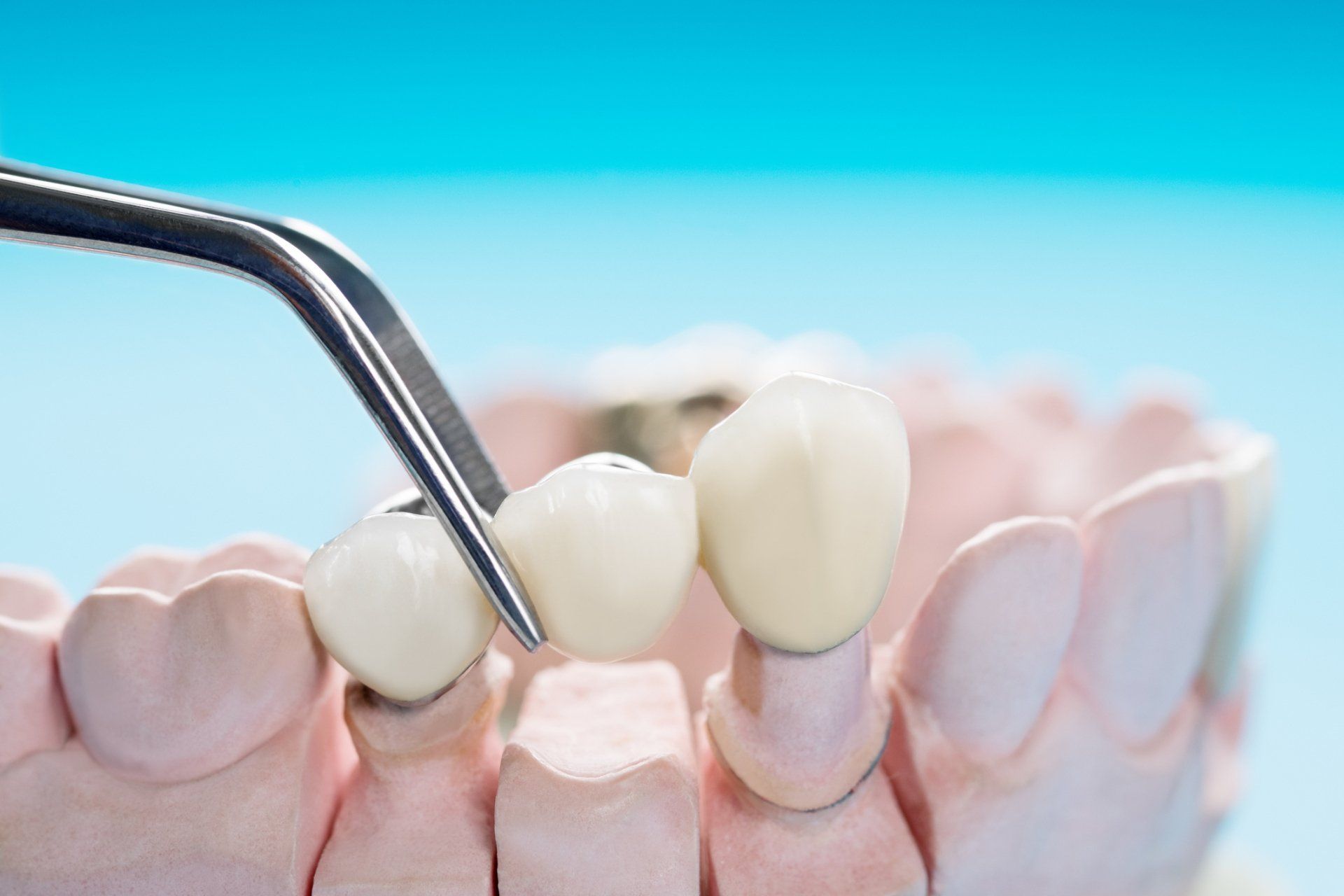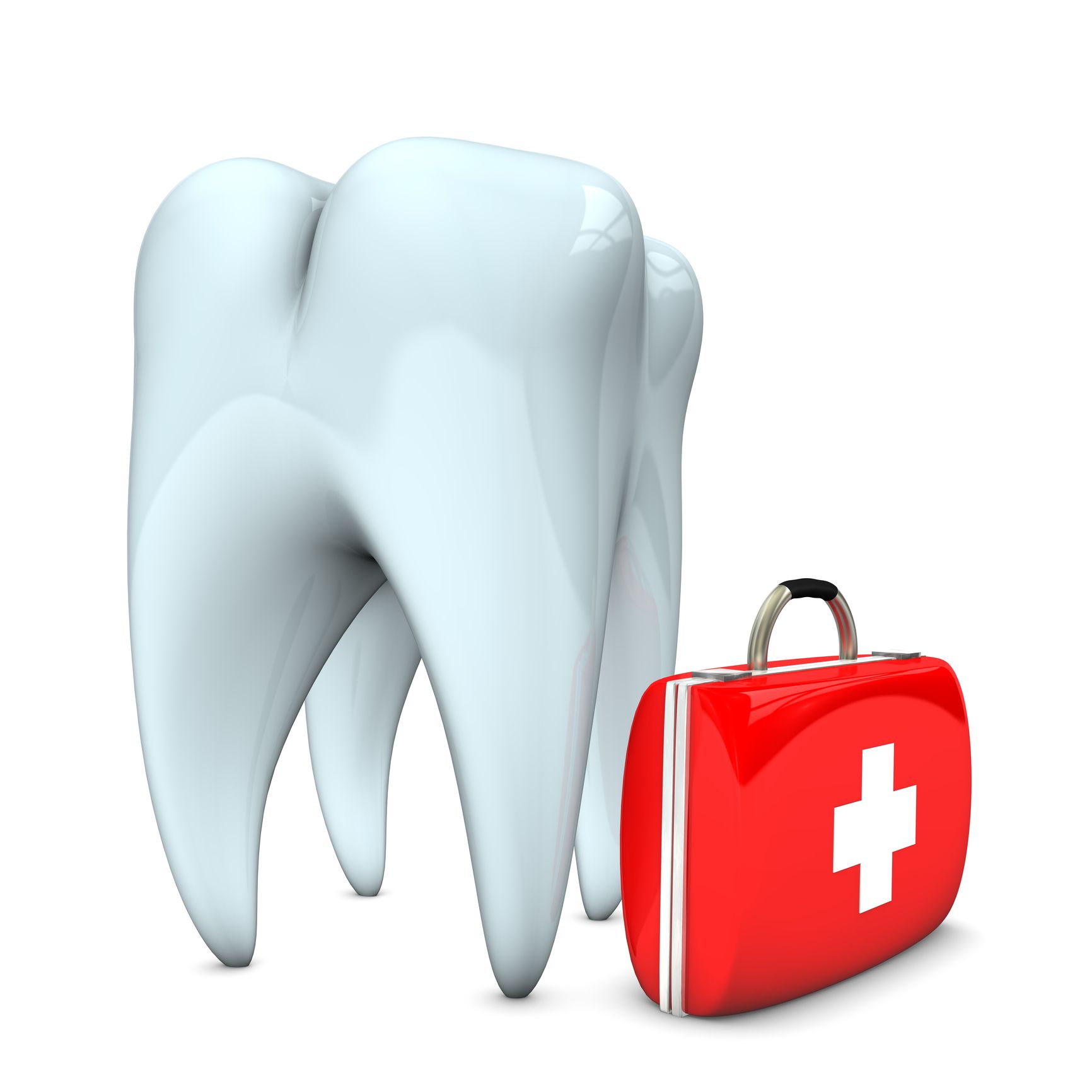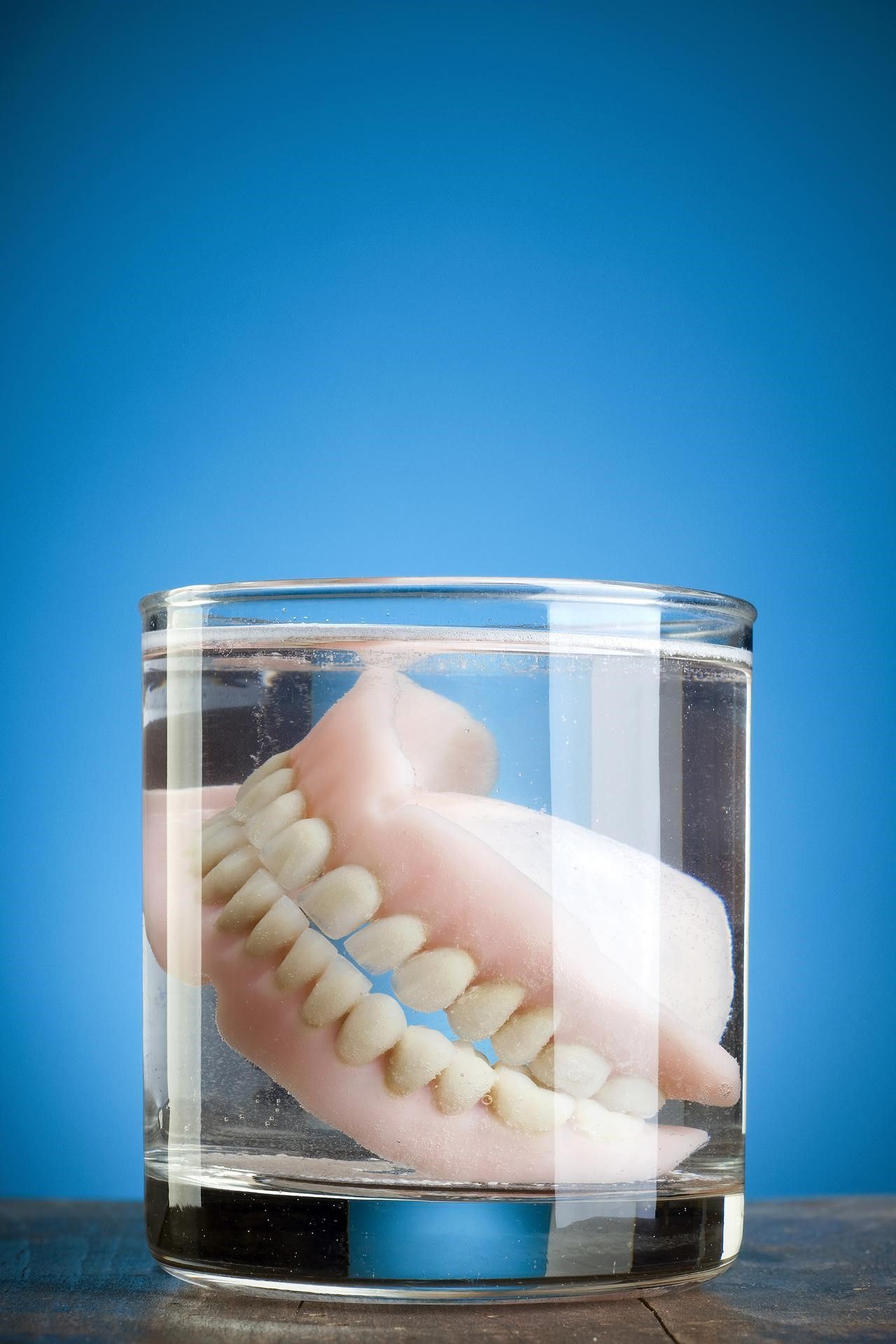Everything You Need to Know About Dental Bridges

Many people have missing teeth, but that doesn't mean everyone wants missing teeth. Luckily, dental bridges are a common solution for missing teeth. They are durable and can last a long time. If you would like to know more, keep reading.
They Come in Many Options
Dental bridges come in many options, making it easy to find the right fit for you. First, you and your dentist must decide which type of bridge is right for you: a traditional bridge, a cantilever bridge, or a Maryland bonded bridge. A traditional bridge is the most common, but cantilever bridges may be useful for teeth in the back of the mouth. Maryland bonded bridges are less invasive, but that makes them less durable.
Next, you'll need to choose the type of material you want: metal, porcelain, porcelain-fused-to-metal, or composite resin. Composite resin is the least expensive option, and it can be made to look like natural teeth. However, it is not as attractive as porcelain, and it's not as durable as porcelain or metal.
Porcelain and porcelain-fused-to-metal are the most attractive options because they look just like natural tooth tissue. All-porcelain bridges, however, should only be used on front teeth. Back teeth require more strength, so porcelain-fused-to-metal is a better choice. For the most durable option, all-metal bridges get the job done, but they are more irritating to gums than porcelain and composite resin.
They Require Anchor Teeth
Dental bridges rely on anchor teeth for support. Traditional dental bridges need one anchor tooth on each side. If you replace multiple teeth in a row, your dentist may suggest using more than two anchor teeth for better support. These anchor teeth must have their enamel removed so the bridge can fit.
A cantilever bridge is similar, except it only needs an anchor tooth (or teeth) on one side of the missing tooth. These are commonly for back teeth or in locations where only one tooth can be used for support. Just like with a traditional bridge, the anchor tooth must be filed down.
Maryland bonded bridges are less invasive. They use metal wings to connect to anchor teeth. The metal winds bond to the healthy teeth to support the bridge. These may be a great option if you want to replace the tooth with a dental implant one day. If you get a dental implant after having a traditional or cantilever bridge, you'll need crowns to cover and protect the old anchor teeth.
Regardless of the type of bridge you choose, you will need strong anchor teeth, strong gums, and a strong jawbone to support the bridge. If you attach a bridge to loose teeth, the extra wear and tear will often only cause them to become looser.
They Require Special Cleaning
Just like your regular teeth, you need to keep the dental bridge clean, but instead of cleaning between the teeth, you need to clean under the bridge. For this reason, normal dental floss isn't usually enough. You usually need floss threaders to pull the floss under your bridge or a special stiff floss that can push under the bridge. Dental picks and interproximal brushes are also good tools for keeping the bridge clean.
If you neglect to clean under your bridge, two problems can arise: gum irritation and decay. Gum irritation can happen if food particles or plaque stays under the bridge for too long. This can eventually lead to an infection: gum disease.
With decay, the fake tooth can't rot, but if food stays trapped under the bridge, it could sneak under the anchor tooth's crown and attack the unprotected tooth tissue. If your gums are also irritated, they may pull away from the teeth, making it easier for bacteria to attack. For this reason, even with a dental bridge, you must continue good oral hygiene. With good care, your dental bridge could last many years.
You don't have to struggle with missing teeth. You have many tooth-replacement options, including dental bridges. They use existing teeth for support, making them a strong option. They aren't removable and don't slip around like dentures. If you would like to know more, contact us at Eastland Dental Center & Professional Dental Care today.









